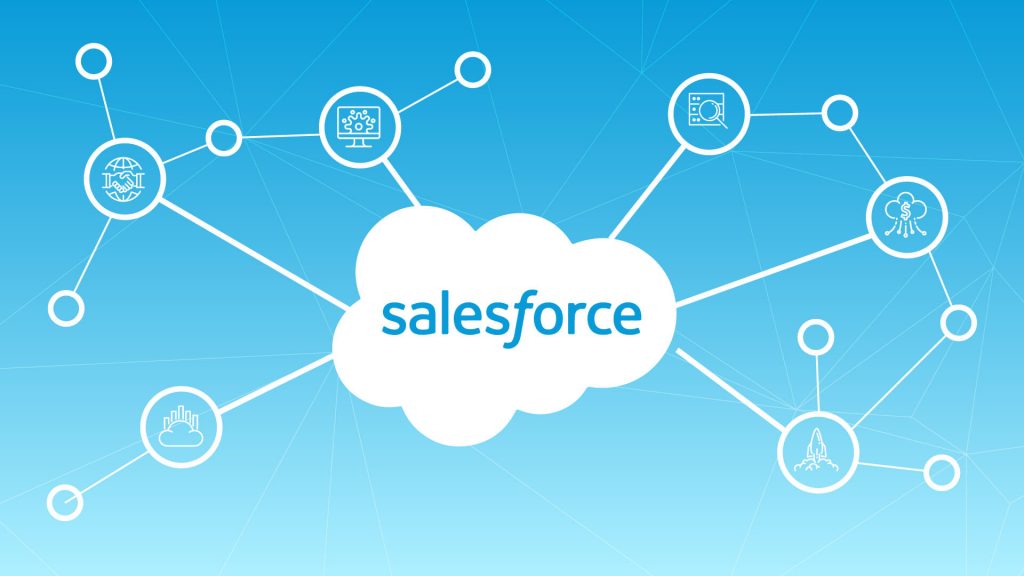
Key Considerations for Salesforce Data Security & Compliance
Ensuring robust data security and compliance within Salesforce is essential for safeguarding sensitive customer information. With evolving regulations and increasing cyber threats, Salesforce admins, architects, and marketers must prioritize security protocols to protect their organization’s data.
Implement Strong Authentication and Authorization
One of the first steps in securing Salesforce data is to strengthen Salesforce Login security. By implementing multi-factor authentication (MFA) and role-based access control, businesses can prevent unauthorized access to sensitive information. These measures add an extra layer of security by verifying user identity at the time of login and restricting access based on user roles.
Additionally, regular audits should be performed to ensure that the right individuals have the appropriate access. Automating these audits allows Salesforce Marketers and administrators to detect any discrepancies or security risks swiftly. This approach not only safeguards customer data but also ensures that marketers comply with industry standards.

Encrypt Data to Ensure Privacy
Data encryption is a critical component of Salesforce security, especially when dealing with customer engagement, campaign management, or personalized marketing. Salesforce offers several encryption solutions, such as Platform Encryption, which can protect data at rest and during transmission. Marketers handling customer journeys or cross-channel marketing can rest assured knowing their data is secured end-to-end.
Compliance with international standards, such as GDPR and HIPAA, requires marketers to encrypt customer data. By doing so, organizations avoid hefty fines and penalties. In addition, encryption demonstrates to clients that their privacy is a top priority, helping build trust and credibility.
Monitor and Log Access for Compliance
For marketers focusing on customer segmentation or marketing automation, tracking who accesses Salesforce data is critical for compliance. Enabling logging mechanisms, such as Salesforce Shield, provides transparency and accountability. Detailed logs can capture each interaction, which is valuable during audits or legal investigations.
Logging also helps detect abnormal behaviours, like unusual login locations or frequent failed attempts, which may signal a security breach. Automating alerts for these anomalies can help prevent further damage. Salesforce administrators and marketers should configure these tools to comply with industry-specific regulations like CCPA or PCI DSS. Staying compliant ensures that your marketing efforts remain aligned with legal requirements while protecting customer information.
Conclusion
Salesforce data security and compliance require a multifaceted approach, including secure logins, encryption, and continuous monitoring. By implementing strong authentication protocols and ensuring encryption standards are met, Salesforce marketers can focus on what they do best: driving customer engagement.
Explore Our Latest Articles:
Salesforce Login | Salesforce Admin | Salesforce Marketer | Free Salesforce Certification Coupons | Salesforce Interview Exam Questions


